With rising pollution levels, many of us are asking the same question:
Do I really need an air purifier? And more importantly: Do they actually work?
In this article, we’ll help you understand:
-
How air purifiers work
-
Whether they’re truly effective
-
Who should consider buying one
-
What medical research says about them
-
What to look for before making a purchase
🧠 All information in this article is medically verified and unbiased.
Understanding the Pollution Problem
Before diving into air purifiers, let’s understand the air we breathe.
Air pollution is more serious than many people realize. According to the World Health Organization (WHO), over 7 million deaths occur each year due to polluted air.
Children are especially vulnerable. Growing up in areas with poor air quality can slow down brain development, lower IQ, and increase the risk of respiratory illnesses and cancer.
Why? Because polluted air contains harmful gases and tiny particles like PM1, PM2.5, and PM10. When we breathe them in, these particles travel from our lungs into our bloodstream—and even to our brain.
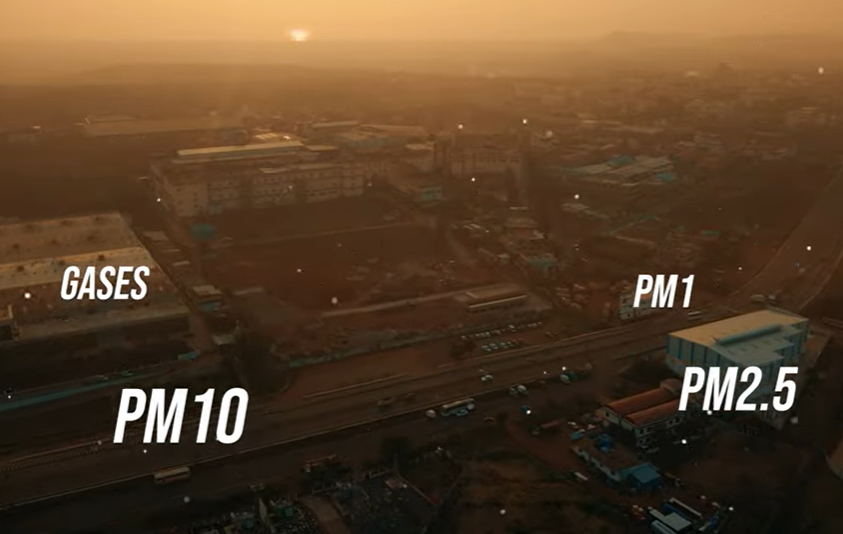
That’s why people living in polluted areas often experience:
-
Headaches
-
Eye irritation
-
Poor focus
-
Nasal congestion
-
Throat irritation
- Overall fatigue and low energy
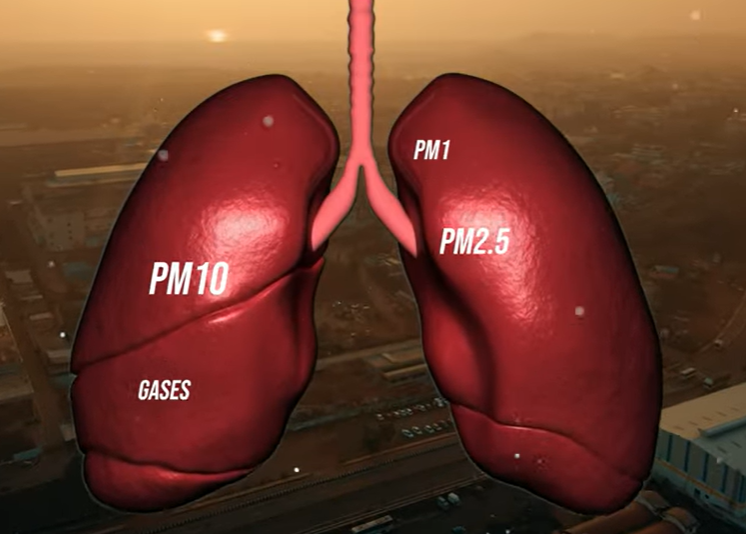
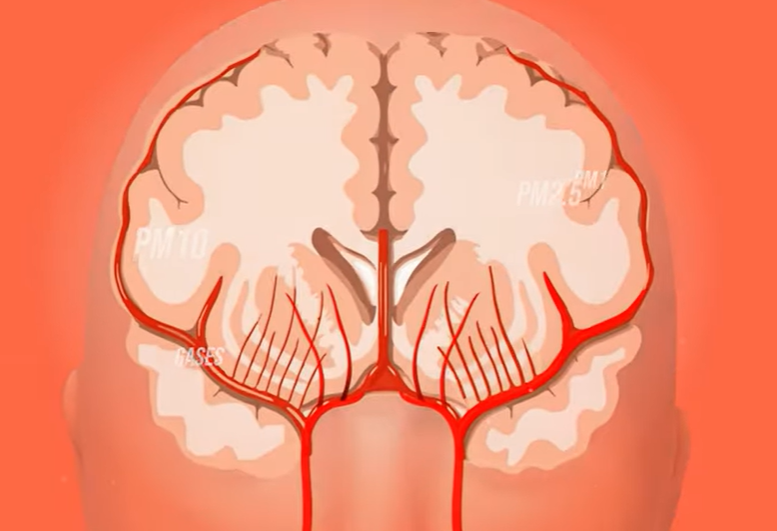
This is why if you live in a polluted area, you must feel that you have a headache, burning sensation in the eyes, irritation, lack of concentration on anything, pain in the throat, blocked nose, congestion in the nose, overall you feel sluggish and low on energy.
SHORT TERM SYMPTOMS: HEADACHE, BURNING EYES, IRRITABILITY, LACK OF CONCENTRATION, THROAT ISSUES, NASAL CONGESTION
If we talk about children, because children are still growing up, their brain, lung and body development matters, and children are at risk of asthma and various cancers.
- EVERY YEAR 70LAKHS+ PEOPLE DIE DUE TO AIR POLLUTION.
- MENTAL DEVELOPMENT OF CHILDREN IS ALSO AFFECTED
- AFFECTS LUNG AND MIND DEVELOPMENT IN GROWTH CHILDREN.
- INCREASE RISK OF MULTIPLE CANCERS IN CHILDREN.
YOUR City’s Air Quality
Wherever you live, it’s worth checking your PM2.5 level—this measures how polluted the air is.
According to WHO, the PM2.5 level in safe air should be less than 10.
For example, in Delhi-NCR, levels can go up to 400—that’s 40 times higher than what’s considered safe!
If you haven’t already, check your city’s PM2.5 level. You might be surprised.
CHECK THE PM2.5 LEVELS OF YOUR CITY
W.H.O’S INTERIM TARGET SUGGEST THE AIR SHOULD HAVE PM2.5 LEVELS LESS THAN 10
Can We Protect Ourselves from Air Pollution?
Let us know whether there is a solution to this air pollution and how do we save ourselves from it?
The permanent solution to this is that whatever toxic material is present in our outside environment, we should remove it from the air or the environment.
Long-term solutions include cleaner environments and stricter pollution controls, but those take time.
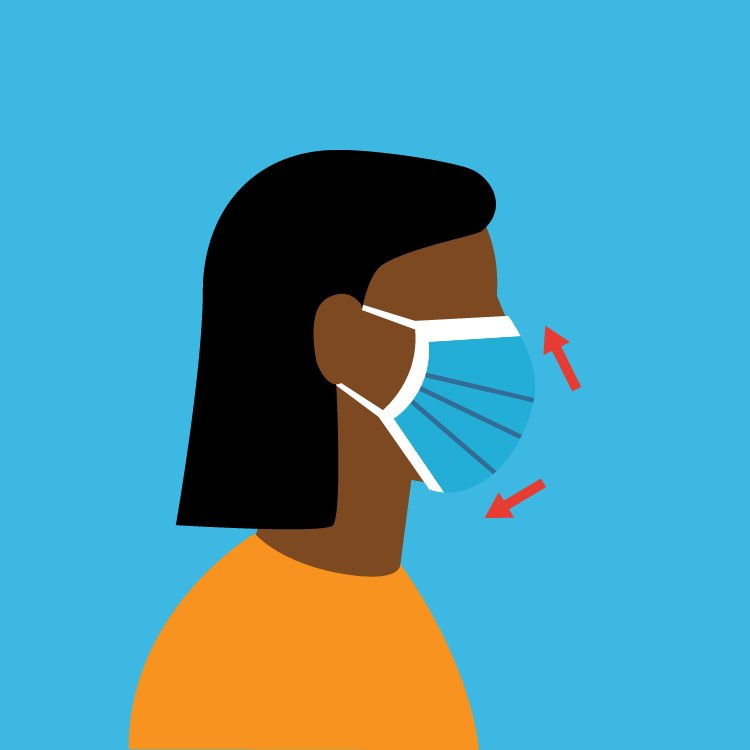
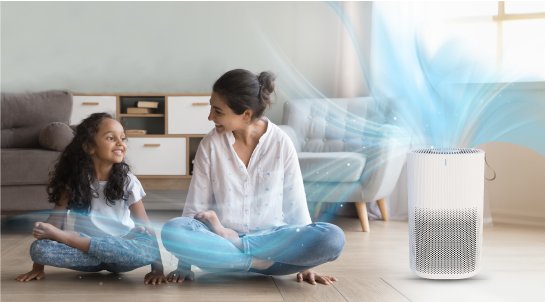
For now, there are 3 things you can do:
-
Limit outdoor activities when pollution is high
-
Wear a good-quality mask when outside
-
Use an air purifier indoors to clean the air you breathe most of the day
LONG TERM SOLUTION WOULD BE CLEAN AIR AND ENVIRONMENT, IT NEEDS PROLONG EFFORT FROM ALL OF US
Who Should Buy Air – Purifier?
While air purifiers can benefit everyone, they’re especially helpful for:
1. If you Already Affected from Pollution
All those people who are having problems due to pollution.
Like, your eyes burn, nose remains blocked, you have symptoms like cold, flu, throat pain, head ache, when you get up in the morning you do not feel fresh, you feel lazy, you feel tired, have poor concentration, you feel irritable.
So all these symptoms happen due to pollution, they happen due to the toxic material present in it.

If you feel something like this, then air purifier will be very helpful in improving your quality of life.
- BURNING EYES,
- NASAL CONGESTION,
- SORE THROAT,
- HEADACHE,
- MORNING FATIGUE,
- LATHARGIC ALL DAY,
- CONCENTRATION ISSUES,
2. If you Have Growing Children
If you have small children in your house, you should use an air purifier so that their brain and respiratory system can develop better.
3. People With Respiratory Issues
People who have any respiratory or respiratory disease like asthma, bronchitis or any allergy should also use air purifier. This will reduce their episodes of respiratory diseases.
4. People Spending Most Time at Home
People who spend more time in their homes, work from home, live indoors. Since you are spending more time indoors, you should at least improve the air quality of your indoors, so an air purifier will be very useful for you.
Do Medical Studies Recommend It?
Let us know what do medical studies say about air purifiers? So medical studies prefer the use of air purifiers.
Medical Studies say that if you use air purifier only while sleeping at night, then during sleeping you breathe in better air quality, and the number of episodes of many respiratory diseases like asthma, bronchitis, allergy etc. starts reducing.
It is also important for you to know that whichever medical studies support air purifiers, they support air purifiers with HEPA filter.
MEDICAL STUDIES DO CONSIDER AIR-PURIFIER FOR CONTROLLING AIR QUALITY AROUND YOU. EVIDENCE FROM MEDICAL STUDIES SPECIALLY SUPPORTS AIR PURIFIERS EQUIPPED WITH HEPA FILTERS ONLY
What to Look for in an Air Purifier?
If you’re planning to buy one, here are the two most important features:
There are 2 important aspects to this.
1. HEPA Filter (High-Efficiency Particulate Air)
This is a must.
HEPA filters remove 99.97% of airborne particles, including PM2.5, PM1, dust, bacteria, and even some viruses. These are the same filters used in ICUs and hospital cleanrooms to prevent infections.
✔ Only air purifiers with HEPA filters are medically recommended.
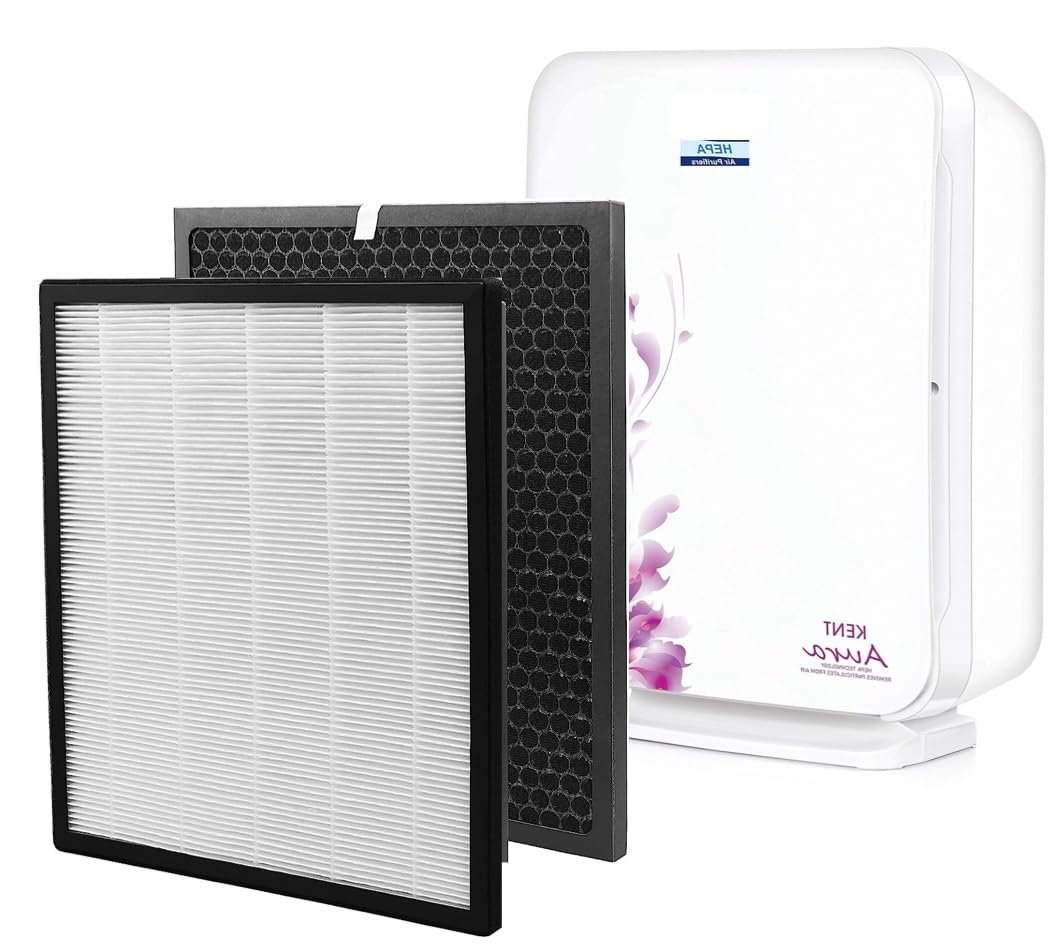
What is HEPA filter?
High efficiency particulate air filter. Means, its efficiency is so high that it traps or removes 99.97% of particulate matter present in the air.
It is so highly efficient that it can filter out particles of size up to 0.3 Microns.
This 0.3 micron is so small in size that even our bacteria, viruses get filtered by it. All allergy causing substances and all particulate matter causing pollution, even PM1.0 gets trapped in it. It removes all the things from the air and gives you clean air.
This same HEPA filter is used in ICU in our hospital settings. HEPA filter is installed wherever ICU air goes in and out, so that infection can be controlled in the ICU and it can be prevented from spreading.
ONLY HEPA FILTER EQUIPPED AIR-PURIFIERS CAN BE RECOMMENDED MEDICALLY
HEPA: HIGH – EFFICIENCY PARTICULATE AIR. SIMILAR HEPA FILTERS ARE USED IN HOSPITALS FOR CONTROLLING INFECTIONS
2. Carbon filter
This filter removes toxic gases and odors from the air, such as formaldehyde and volatile organic compounds (VOCs). Look for air purifiers that have both HEPA + carbon filters for complete protection.
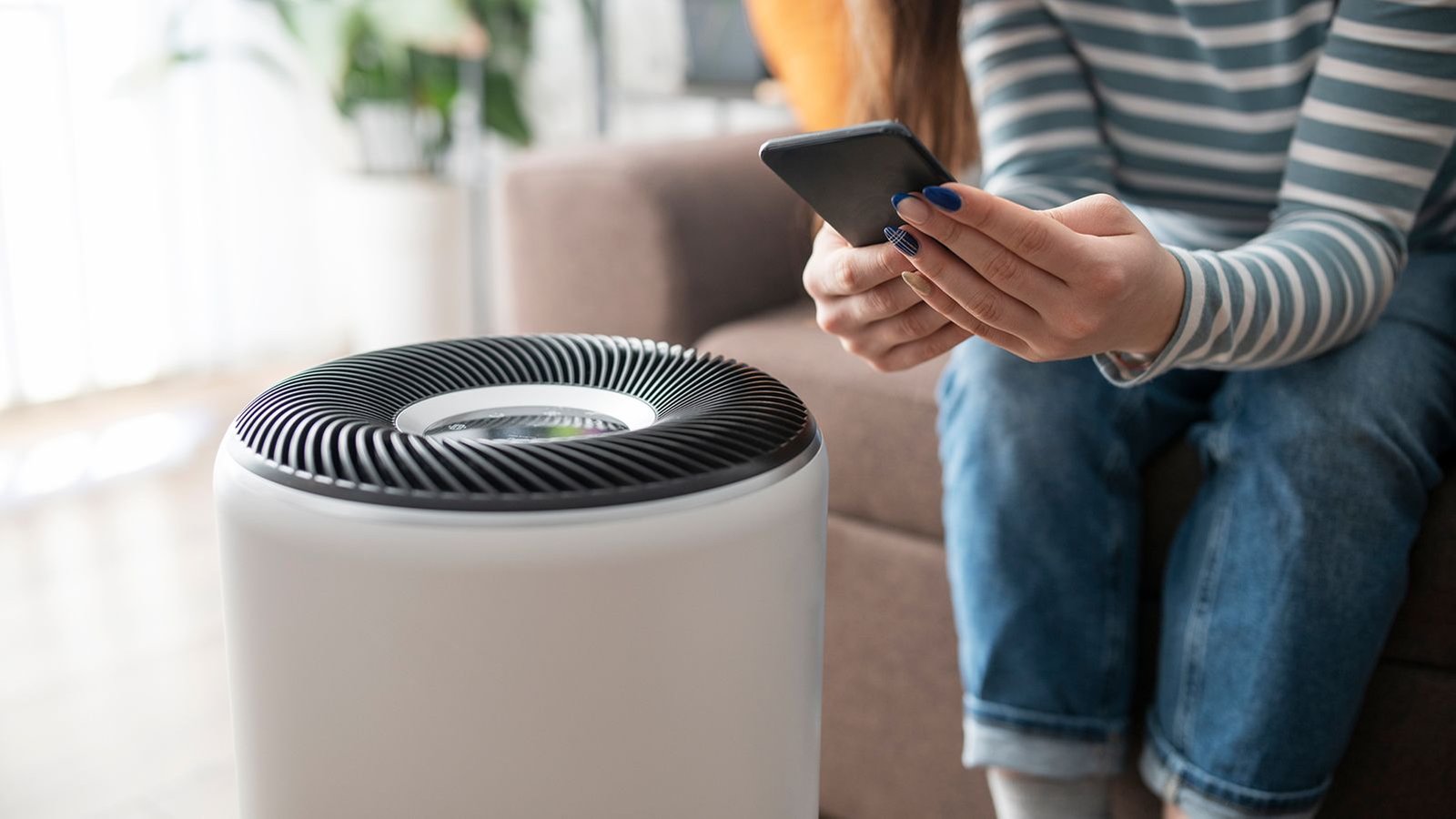
The Acerpure Air Purifier comes with a 4-layer filtration system, including both HEPA and carbon filters, ensuring comprehensive air purification.
AIR PURIFIERS WITH CARBON FILTERS EFFECTIVELY REMOVE TOXIC GASES FROM THE AIR
THE 4-LAYER AIR FILTER IN ACERPURE PURIFIERS INCLUDES BOTH OF THESE ESSENTIAL FILTERS
Final Thoughts
If you’re concerned about air pollution—and especially if you’re already experiencing its effects—an air purifier can be a smart investment for your health and peace of mind.
Clean air isn’t a luxury—it’s a necessity.
And in today’s world, taking small steps like using a good-quality air purifier can go a long way in protecting you and your loved ones.